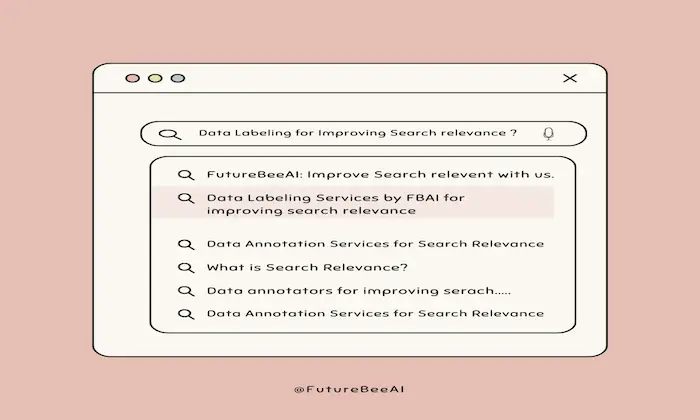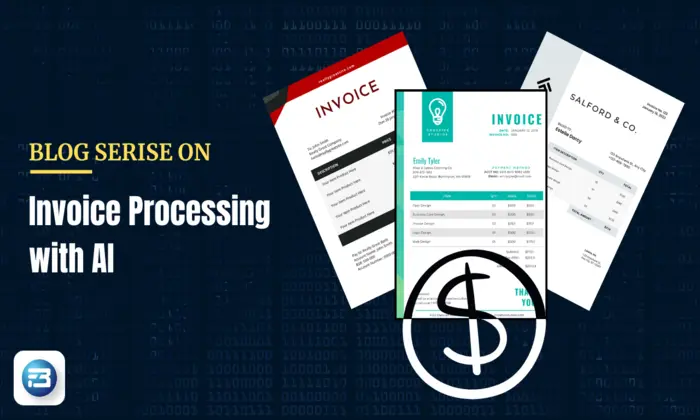What role does speaker diversity play in dataset quality?
Speaker Diversity
Dataset Quality
ASR
In voice AI, performance doesn’t just depend on how much data you have; it depends on who that data represents. Speaker diversity isn’t a bonus feature in high-quality speech datasets’s a foundational requirement.
Automatic Speech Recognition (ASR) models trained on homogenous voices often perform well in controlled environments but struggle in the real world. Why? Because real-world conversations aren’t standardized. They’re shaped by countless variations in accent, pronunciation, tone, pitch, age, gender, and regional dialects.
Without this diversity in training data, your model is likely to overfit to a narrow subset of voices and underperform when encountering new speakers. That’s a risk no production-grade system can afford-especially in multilingual markets or customer support use cases that serve broad demographics.
So, what does speaker diversity actually bring to the table?
- Robust generalization: Exposure to varied vocal features helps models learn invariant features of speech, making them less sensitive to unfamiliar pronunciations or speech patterns.
- Accent inclusivity: A dataset that reflects regional or national accent variations ensures the AI performs fairly across user groups. This is particularly important in countries with linguistic diversity, such as India, the U.S., or the U.K.
- Demographic representation: Including voices across different age groups and genders improves model accuracy across customer segments. Children, elderly users, and gender minorities often get underserved due to a lack of training data.
- Scenario adaptability: Speaker diversity also supports various speaking styles from casual conversation and scripted dialogue to complaint escalation or technical troubleshooting, allowing the AI to adapt across industries and use cases.
At FutureBeeAI, we embed speaker diversity into the core of our dataset design. Every speech dataset is curated to include a balanced range of speakers across gender, age, region, and speaking contexts. We also ensure that speaker IDs are anonymized and tagged properly, allowing models to differentiate speaker turns while maintaining privacy compliance.
Moreover, we provide speaker metadata such as accent tags, age brackets, and vocal clarity scores to support accent-aware training, demographic segmentation, and fairness analysis. This metadata helps organizations audit model performance across user groups and mitigate unintentional bias.
In short, the broader the voice base, the more inclusive, accurate, and scalable your AI system becomes. Whether you're deploying in a regional market or scaling to a global customer base, speaker diversity ensures your models don’t just recognize words; they understand the people behind them.
At FutureBeeAI, we help you build AI that speaks and listens to everyone.
What Else Do People Ask?
Related AI Articles
Browse Matching Datasets
Acquiring high-quality AI datasets has never been easier!!!
Get in touch with our AI data expert now!








